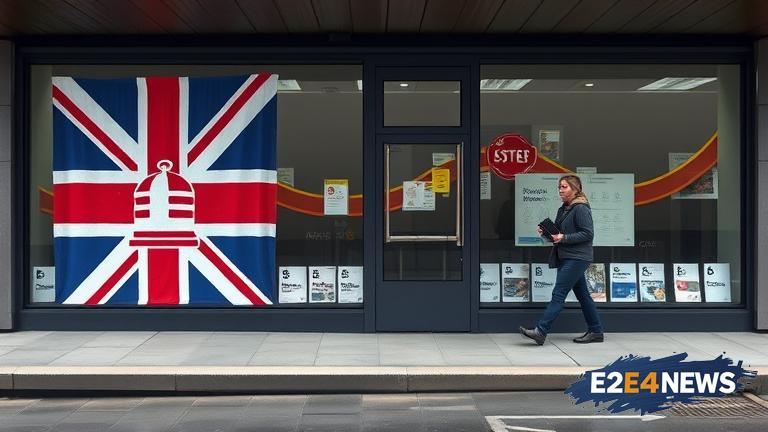The UK government has taken a significant step towards addressing minimum wage age discrimination by asking the Low Pay Commission to consult on the possibility of abolishing age-based minimum wage bands. This move has the potential to impact millions of workers across the country. The current minimum wage system in the UK has different age bands, with workers aged 23 and over entitled to the highest rate, known as the National Living Wage. However, workers under the age of 23 are paid a lower minimum wage, depending on their age. The government’s decision to review this system has been welcomed by many, who argue that it is unfair and discriminatory. The Low Pay Commission will now consult with stakeholders, including businesses, trade unions, and worker representatives, to gather evidence and views on the potential impact of removing age-based minimum wage bands. The consultation will consider the potential benefits and drawbacks of such a move, including the potential impact on employment rates, productivity, and the economy as a whole. If the age-based minimum wage bands are abolished, it could mean that all workers, regardless of age, would be entitled to the same minimum wage. This could have a significant impact on younger workers, who are currently paid a lower minimum wage. Many argue that the current system is unfair and that younger workers should be paid the same as their older colleagues for doing the same job. The government’s decision to review the minimum wage system has been welcomed by trade unions, who have long argued that the age-based system is discriminatory. The TUC has said that the current system is ‘out of date’ and that all workers should be paid a fair wage, regardless of age. The consultation will also consider the potential impact on businesses, particularly small and medium-sized enterprises, which may struggle to absorb the increased costs of paying higher wages to younger workers. However, many businesses have already pledged to pay their workers a living wage, regardless of age. The Living Wage Foundation has said that paying a living wage can have numerous benefits for businesses, including improved productivity and reduced staff turnover. The government’s decision to review the minimum wage system has also been welcomed by worker representatives, who argue that it is a step in the right direction towards creating a more fair and equal society. The consultation will run for several months, during which time stakeholders will be able to submit their views and evidence. The Low Pay Commission will then consider the evidence and make recommendations to the government on the future of the minimum wage system. The government has said that it is committed to creating a fair and equal society, and that the review of the minimum wage system is an important step towards achieving this goal. The potential abolition of age-based minimum wage bands has been hailed as a major victory for workers’ rights, and could have a significant impact on the lives of millions of workers across the UK. The consultation is a significant development in the ongoing debate about workers’ rights and the minimum wage, and will be closely watched by stakeholders and observers. The UK government’s decision to review the minimum wage system has been praised by many, who argue that it is a step in the right direction towards creating a more fair and equal society. The potential benefits of abolishing age-based minimum wage bands are numerous, and could have a significant impact on the economy and society as a whole. However, there are also potential drawbacks to consider, including the potential impact on businesses and the economy. The consultation will provide an opportunity for stakeholders to submit their views and evidence, and will help to inform the government’s decision on the future of the minimum wage system.





